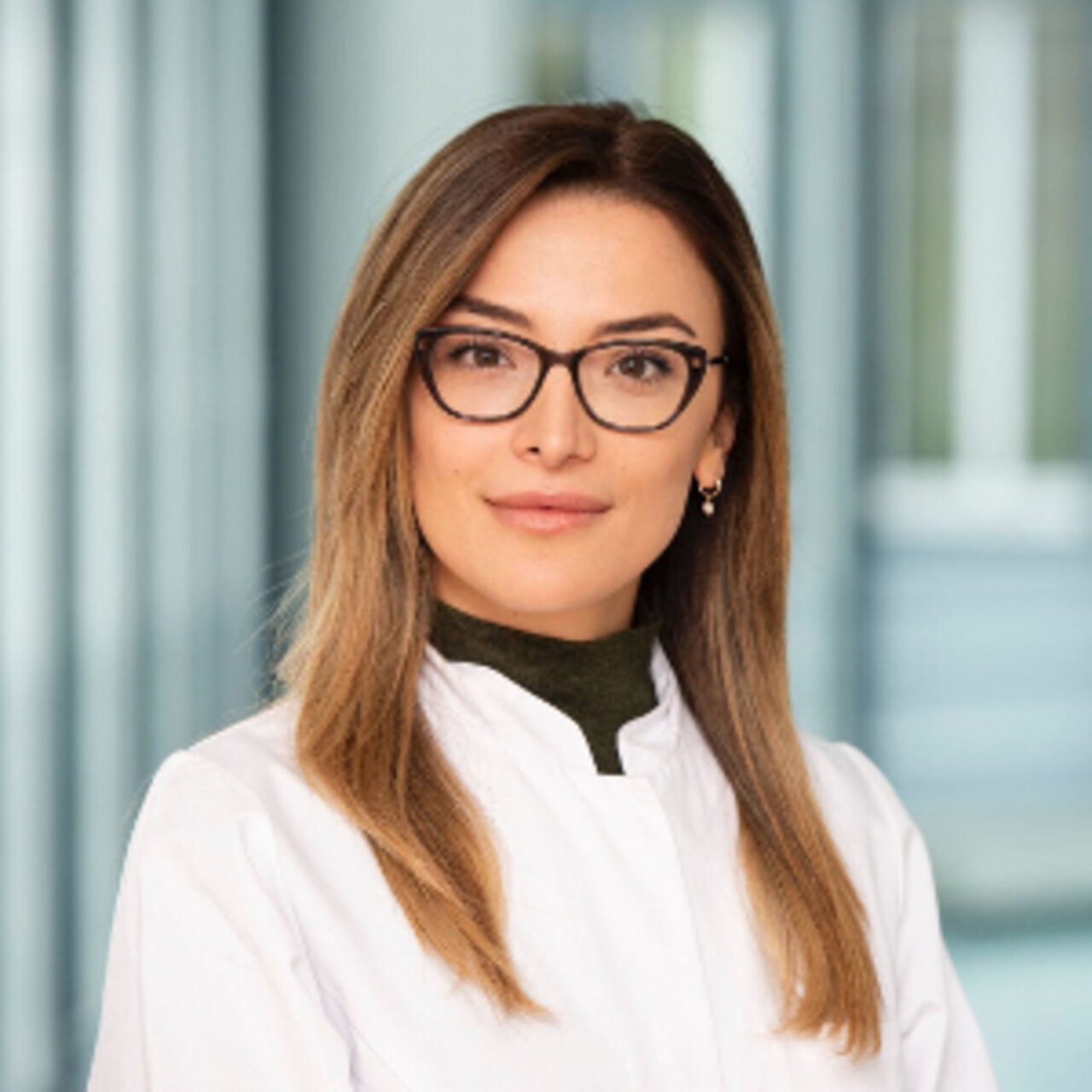Specialists in Coronary Heart Disease
9 Specialists found
Dr Brunilda Alushi, PhD, FEACVI
Internal Medicine and Cardiology, Prevention and Imaging Diagnostics
Munich
Information About the Field of Coronary Heart Disease
Definition: What Is Coronary Heart Disease?
Coronary heart disease, or CHD, is one of the most common heart diseases in industrialized countries. It is associated with one or more constricted coronary vessels, leading to the heart muscles' circulatory disorders and, therefore, to an undersupply of oxygen to the heart. As a result, the heart can no longer work properly, leading to heart pain and tightness in the chest. In the worst case, CHD can lead to a heart attack.
Causes: How Does Coronary Heart Disease Develop?
The leading cause of coronary heart disease is still arteriosclerosis (calcification of the arteries). Favored by risk factors, such as high blood pressure and elevated cholesterol levels, diabetes, obesity, and smoking can lead to a heart attack.
Symptoms: How Do Patients Notice CHD?
Coronary artery disease is usually asymptomatic in the early stages, but as the disease progresses, it becomes noticeable primarily through its leading symptom, angina pectoris. As the blood flow in the narrowed arteries is no longer sufficient for the necessary supply of oxygen to the heart, especially during physical exertion (e.g., climbing stairs), the patient experiences shortness of breath, burning pain, and a feeling of tightness in the chest.
How Is CHD Diagnosed?
A variety of invasive and non-invasive methods are available in coronary artery disease diagnosis, although the latter are naturally preferred in the initial diagnosis. These include:
- Resting, exercise, and long-term ECGs
- Echocardiography
- Cardiac scintigraphy
- Cardiac MRI
- Cardiac CT
If the initial diagnosis needs to be more precise or non-invasive examinations have not delivered conclusive results, coronary angiography (cardiac catheterization) is used. In this procedure, a cardiac catheter is advanced to the heart via the femoral artery or the brachial artery. A contrast agent is injected to make the coronary artery narrowing visible with the help of X-ray images.
CHD Therapy: Medication or Surgery?
Drug therapy is of decisive importance in treating CHD. Drugs such as aspirin (to thin the blood), beta-blockers (to reduce the heart rate and thus the oxygen consumption of the heart), and nitrates (also to reduce oxygen consumption) are used.
If drug therapy does not produce the desired results, interventions such as balloon dilatation (PTCA = percutaneous transluminal coronary angioplasty) or bypass surgery may be carried out.
Balloon dilatation means a balloon catheter is advanced to the narrowed site directly after cardiac catheterization. Once the narrowing site has been reached, the balloon deploys, and the narrowing widens. A stent (flexible metal tube) is inserted to prevent the vessels from contracting again.
Bypass surgery is an option in particularly severe cases of coronary heart disease. The constriction is bypassed by transplanting veins or arteries taken from the extremities. The surgery can be carried out on the beating heart or using minimally invasive techniques.
Life Expectancy With CHD
The prognosis in coronary artery disease depends on many factors. Decisive factors are the number of coronary vessels affected and the localization of the narrowing, how far the disease has progressed, and the existence of other conditions, such as diabetes or circulatory disorders of other organs.
Detecting and treating the disease in time is extremely important for a good prognosis, as untreated coronary artery disease can lead to a heart attack.
A long-term prognosis depends on whether the patient succeeds in making lasting changes to his or her lifestyle. The most important rules are
- Plenty of exercises
- Healthy diet
- No nicotine consumption
- Avoiding overweight
- Regular intake of medication
The available therapeutic options for treating coronary heart disease usually lead to good results, which means long and symptom-free life.
Which Doctors and Clinics are Specialized in Treating Coronary Heart Disease in Germany and Switzerland?
Every patient suffering from coronary heart disease wants the best medical care. Therefore, the patient is wondering where to find the best clinic for CHD or the best heart clinics in Germany, Austria, and Switzerland.
As this question cannot be answered objectively and a reliable doctor would never claim to be the best one, we can only rely on the doctor’s experience. Specialists in coronary artery disease are cardiac surgeons and cardiologists who have many years of experience.
PRIMO MEDICO helps you find an experienced expert or hospital to treat narrowed coronary arteries in Germany and Switzerland. All doctors and centers have been included in the PRIMO MEDICO network based on their experience and reputation. They are awaiting your request for a second opinion, a cost estimate, or a treatment appointment.
Sources:
Herold, Gerd: Innere Medizin. Köln, Eigenverlag 2012.
Arasteh, K. ; Baenkler, H.-W. ; Bieber, C. ; et al.: Innere Medizin. Stuttgart, Georg Thieme Verlag KG 2009.








